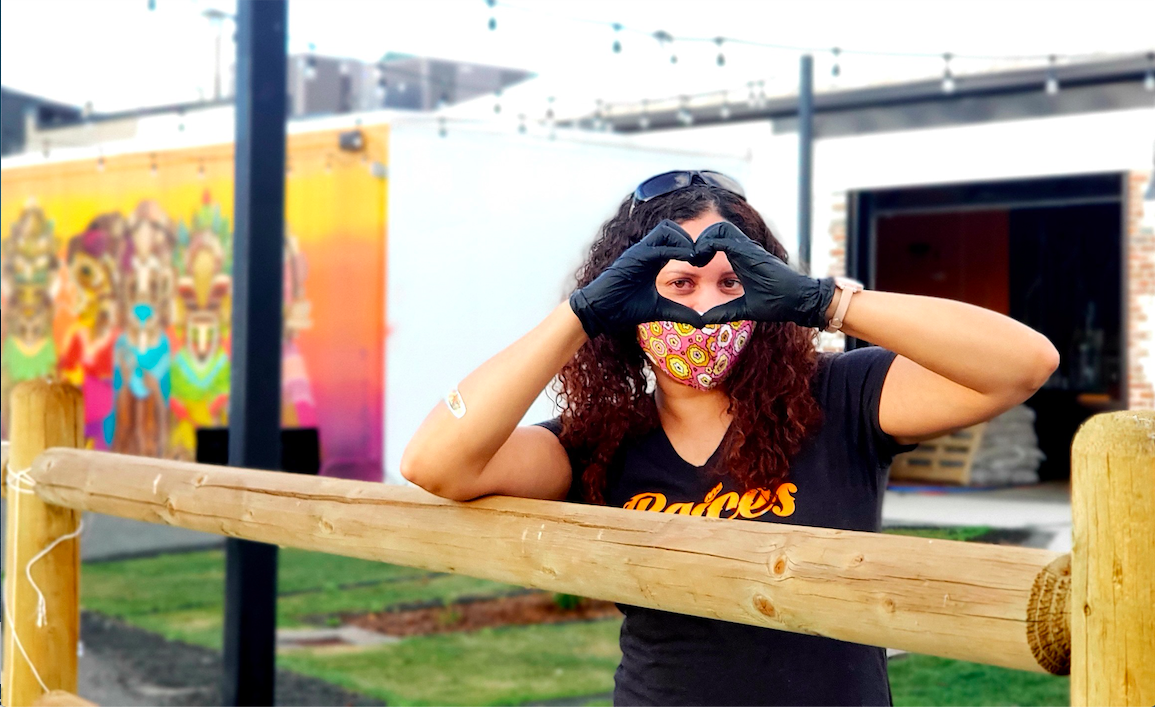Women-owned small businesses are an economic driving force. Today, nearly 13 million women-owned businesses nationwide employ 9.4 million workers and earn $1.9 trillion in revenue.
Overwhelmingly impacted by the pandemic, 71% of women-owned small businesses reported a loss in revenues or sales in 2020, according to a recent study. Beyond cutting costs and applying for federal resources, women-owned businesses and entrepreneurs of color have had to get more creative than ever to navigate the uncertain economy.
Consider these four lessons learned from women entrepreneurs who are beating the odds.
1. Seek alternative funding sources: In addition to tapping traditional bank loans, connect with a nonprofit Community Development Financial Institution, or CDFI, which offers low-cost capital with friendly repayment terms. Roxanne Best, owner of Roxtography, says she’s been able to stay afloat thanks to low-interest loans from Northwest Native Development Fund, a CDFI supporting tribal communities that received a grant from Wells Fargo’s Open for Business Fund, a roughly $420 million small business recovery effort. To help entrepreneurs stay open and support local jobs, the initiative is engaging CDFIs and nonprofits across the U.S. to provide women and diverse entrepreneurs with increased access to flexible capital and training.
“We have been so inspired by the determination and perseverance of the many women business owners who we’ve had an opportunity to support. We made a way to work together with the small business community to offer a mix of resources that enable a sustainable and equitable road to recovery,” says Jenny Flores, head of Small Business Growth Philanthropy at Wells Fargo.
2. Make time for a business plan: 2020 taught us to plan for the unexpected, reinforcing that a business plan is critical for any small business. Tamil Maldonado Vega and her husband, owners of Raíces Brewing Co., say they don’t regret opening a Latino craft brewery right before the pandemic. While they have had hard times like everyone else during closures and due to limits on seating and space, they felt prepared to handle those challenges thanks to a strong business plan, which they developed with the help of their banker.
3. Pivot from crisis to opportunity: Looking for new income streams? Being flexible while staying true to your business can help increase the chances of success. Kadijatu Ahene, owner of Dija’s Touch Designs, specializes in African print designs. During the pandemic, she shifted to an online model and expanded into making stylish personal protection equipment for first responders.
4. Find strength in community: Ranjana Hans, owner of Raw Roots Turmeric, says her community has supported her health and wellness business throughout the pandemic, and she’s learned the benefits of asking loyal customers to promote her products in their social networks. “I have always thought that having strong connections enriched my life, and over the course of this year, that’s become even more evident.”
Susan Wallace, head of Small Business Lending Operations at Wells Fargo, says businesses can find more tips and resources for navigating the pandemic at the bank’s Small Business Resource Center at smallbusinessresources.wf.com/.
“It’s important for women business owners to understand that they don’t need to go it alone. Lean into networking and establishing relationships with fellow entrepreneurs, seek advice and counsel from others, including financial advisors, and know there is support out there,” says Wallace.









